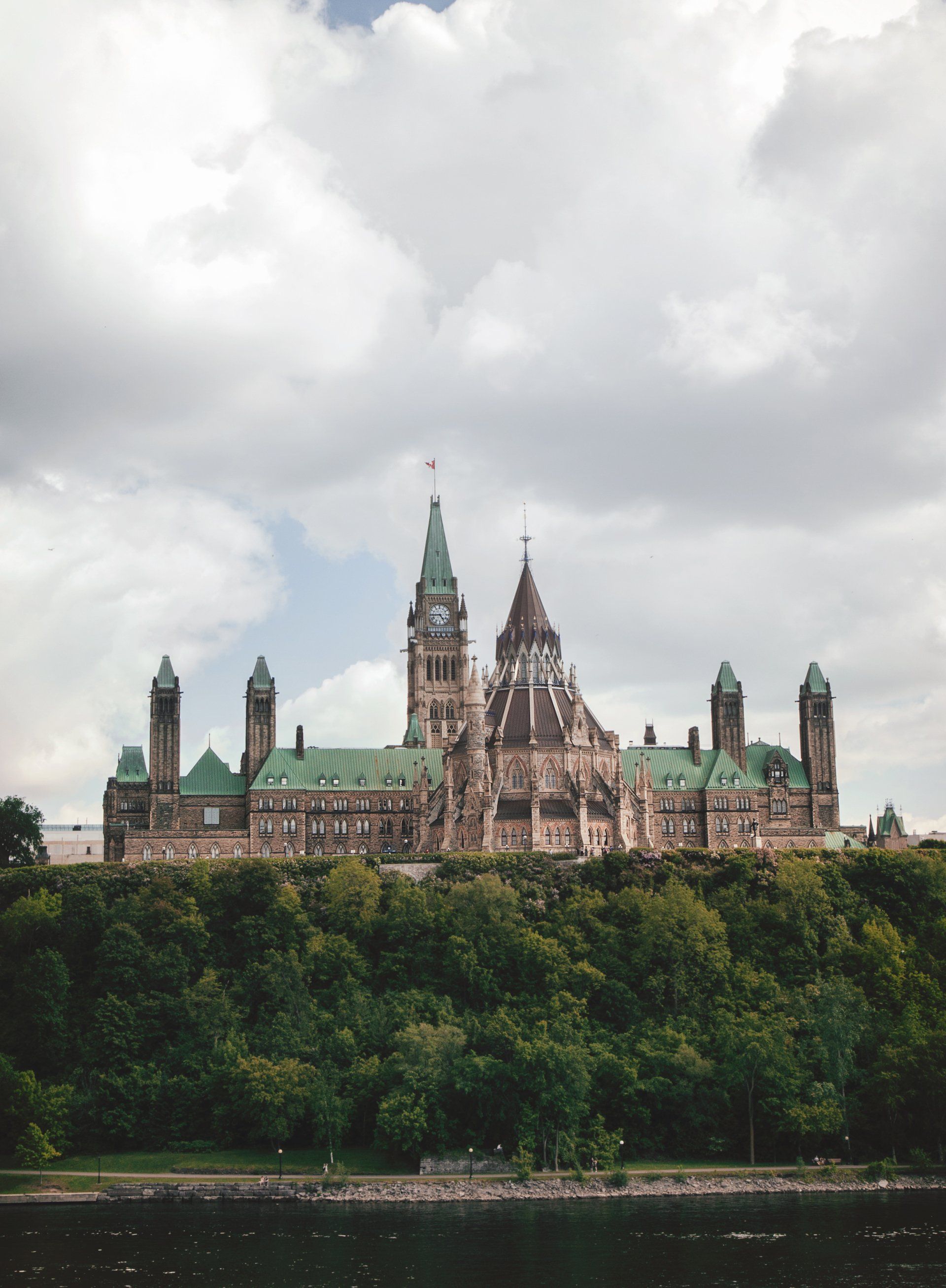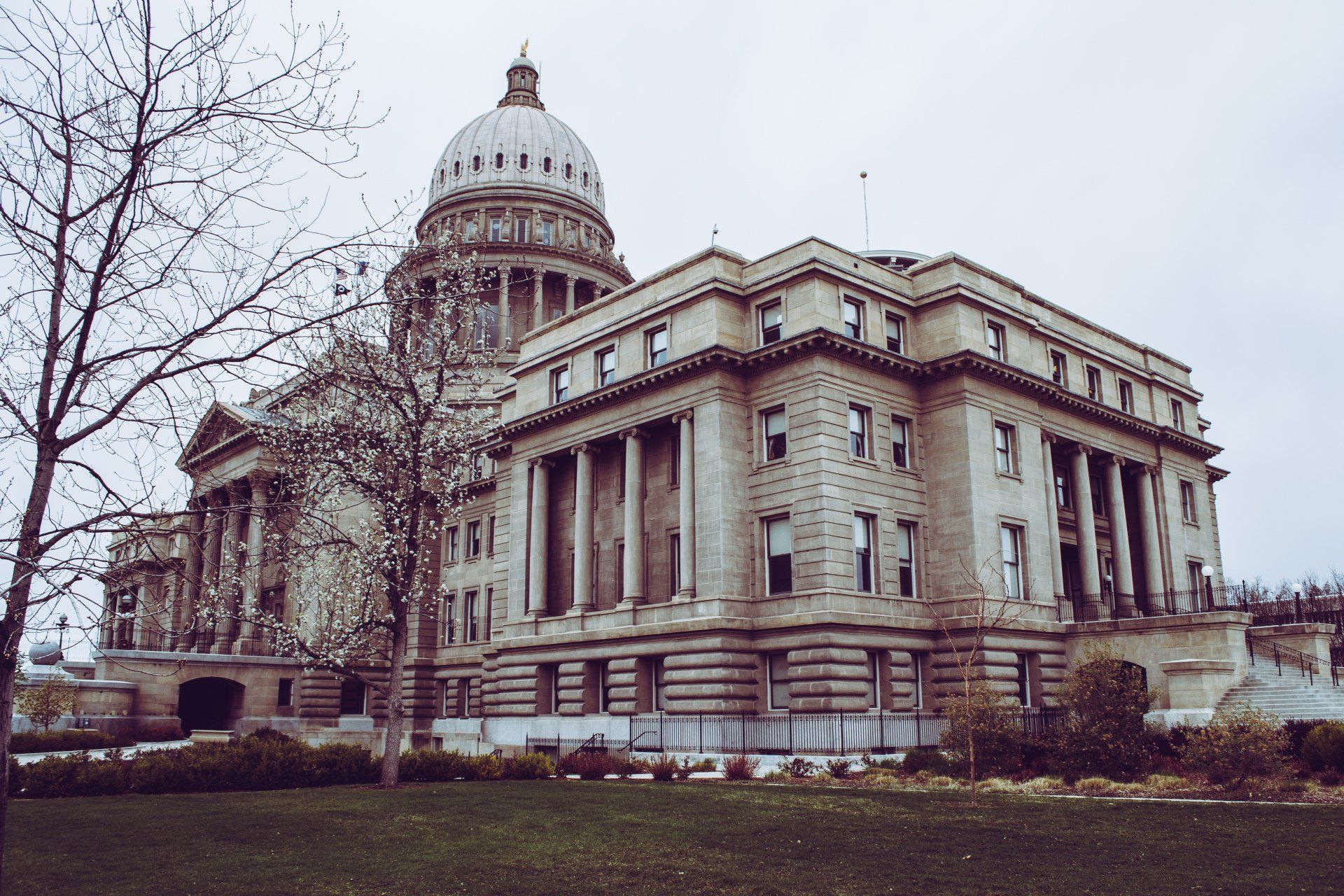Ontario Launches 1.2B Home Building Incentive Fund
Context
The Ontario Government announced that it is creating a substantial $1.2 Billion fund for provinces that meet set targets for home building. These targets align with the provincial goal of 1.5 million new homes in Ontario by 2031. Ontario Premier Doug Ford has also decided to distribute ‘strong mayor’ powers to municipal heads of council if they agree to their targets.
Doug Ford has suggested that these measures are necessary to address an existing housing supply shortage driven by population growth and the housing affordability crisis.
Analysis
Strong mayor powers would allow heads of council to override the usual voting process by only requiring one-third of the democratically elected council’s consent to pass motions. It also includes the ability to dismiss bylaws previously approved by council, which might impede their home building targets.
The rationale behind building more homes is in line with supply and demand logic – if prices are high now, increasing supply will drive prices down and make housing more affordable. However, in Toronto for example, home prices have gone up even though population growth hasn’t exceeded housebuilding. Over two years from 2019 to 2021, Toronto had a 1.3 percent population growth and a 3.5 percent housing stock growth, while prices have climbed. Factors aside from population growth can affect house prices, including income and larger macroeconomic factors.
There certainly is a housing shortage in Canada, although this is driven by multiple factors. For example, there are many homes purchased in Canada as investment properties that end up sitting vacant. Canada has attempted to curtail this practice by implementing the Underused Housing Tax Act in 2022. This tax is aimed at foreign investors but does not address Canadian citizens. Provinces, including Ontario, have also implemented their version of this form of tax on foreign investors.
Statistics Canada also shows that multiple-property owners own almost a third of all residential properties in Canada, and either use them for recreation, to collect rent, or as investment properties, putting pressure on less wealthy individuals looking to buy a home. A Bank of Canada study shows that the share of multiple property owners has been growing, and first-time home buyers have been decreasing over time.
One issue with incentivizing the building of new homes as a solution to the affordability crisis, is that those homes are not guaranteed to be affordable by any measure. Doug Ford’s government also implemented The More Homes Built Faster Act in late 2022, which cut developer fees typically payable to municipalities. Although this makes developing homes more profitable, some argue this reduces revenue to municipalities that need to pass those costs onto service charges or property taxes.
Doug Ford’s aggressive policies in extending strong mayor powers to heads of council, and his significant investment incentivizing home-building will likely succeed in building more homes in Ontario. However, it is unclear whether those new homes will end up being affordable or drive down average home prices across the board.


